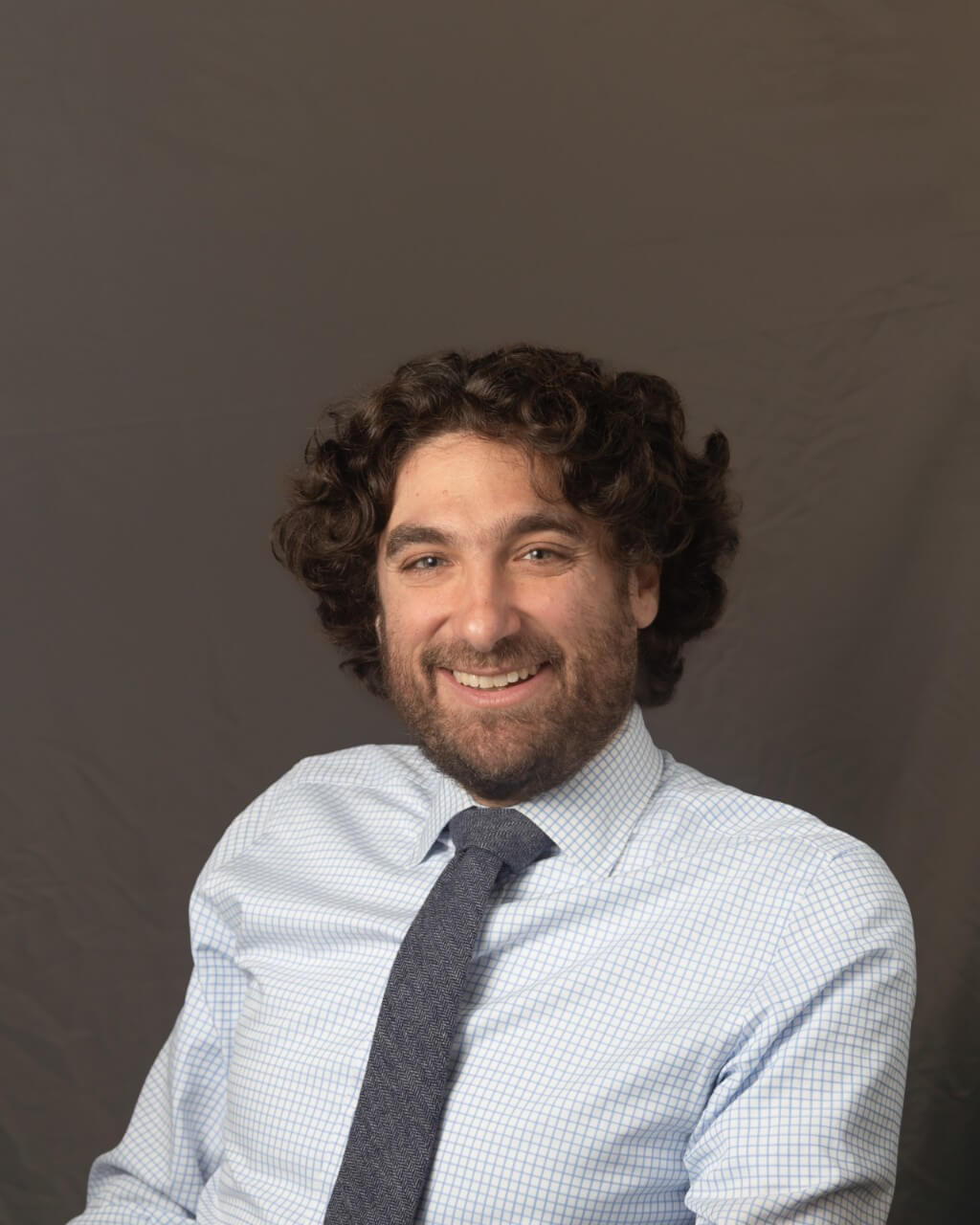Religious history panel, Friday Morning: One of the things I most enjoy about LAWCHA conferences is how ecumenical they are. Labor and working-class history is a broad church. Friday morning I went to a panel entitled Religious Leaders, Grassroots Responses, and Political Change. Labor unions–the traditional subject of “labor history”–hardly came up. Nor was it solely a US-centered panel. Instead, the panel was about how religious people–priests and women religious in Brooklyn, lay Catholics in Chicago, a rabbi in Buenos Aires–organized and demanded more just and safer societies. We talked about workers, and there were a couple of mentions of unions in Argentina and Chicago, but this was working-class history at its finest, taking seriously working-class people and communities not just at work or in union halls but in homes and churches and on the street.
As commentator Susan Glenn argued in her comments, the thread that ran throughout the three disparate papers was strategic ambivalence. The historical actors in each paper had to limit themselves, sometimes dissemble, and find their way between and among conflicting groups. In Cassie Miller’s paper, Catholic priests and nuns in 1960s and ’70s Brooklyn had to find ways to fulfill their Christian mission of organizing the poor between the episcopacy on one side and their increasingly conservative white Catholic parishioners. In Ian Rocksborough-Smith’s paper, lay Catholic white liberals in Chicago in the early 1950s wanted to promote what they called “interracialism” without alienating their coparishioners. In Susan Breitzer’s paper, an American-born Argentine rabbi worked to save the lives of activists in fascist Argentina; he developed a language of universal human rights that elided the activists’ leftism. In all three cases, the speakers’ historical actors were limited in what they could do and say, and all three papers explored the ironies and limits inherent in their positions.
My live-tweets are here: [View the story “Religious history at #lawcha2017” on Storify]

Jacob Remes is a historian of modern North America with a focus on urban disasters, working-class organizations, and migration. He is a founding co-editor of the Journal of Disaster Studies, the co-editor, with Andy Horowitz, of Critical Disaster Studies (University of Pennsylvania Press, 2021), and a series co-editor of the Penn Press book series Critical Studies of Risk and Disaster. His first book, Disaster Citizenship: Survivors, Solidarity, and Power in the Progressive Era (University of Illinois Press, 2016) examined the working class response to and experience of the Salem, Massachusetts, Fire of 1914 and the Halifax, Nova Scotia, Explosion of 1917. He has also written scholarly articles on a variety of other subjects ranging from interwar Social Catholicism to Indigenous land rights to transnational printers in the 19th century. His popular writing on subjects relating to his research has appeared in the Nation, Atlantic, Time, Salon, and elsewhere. Before coming to Gallatin,

